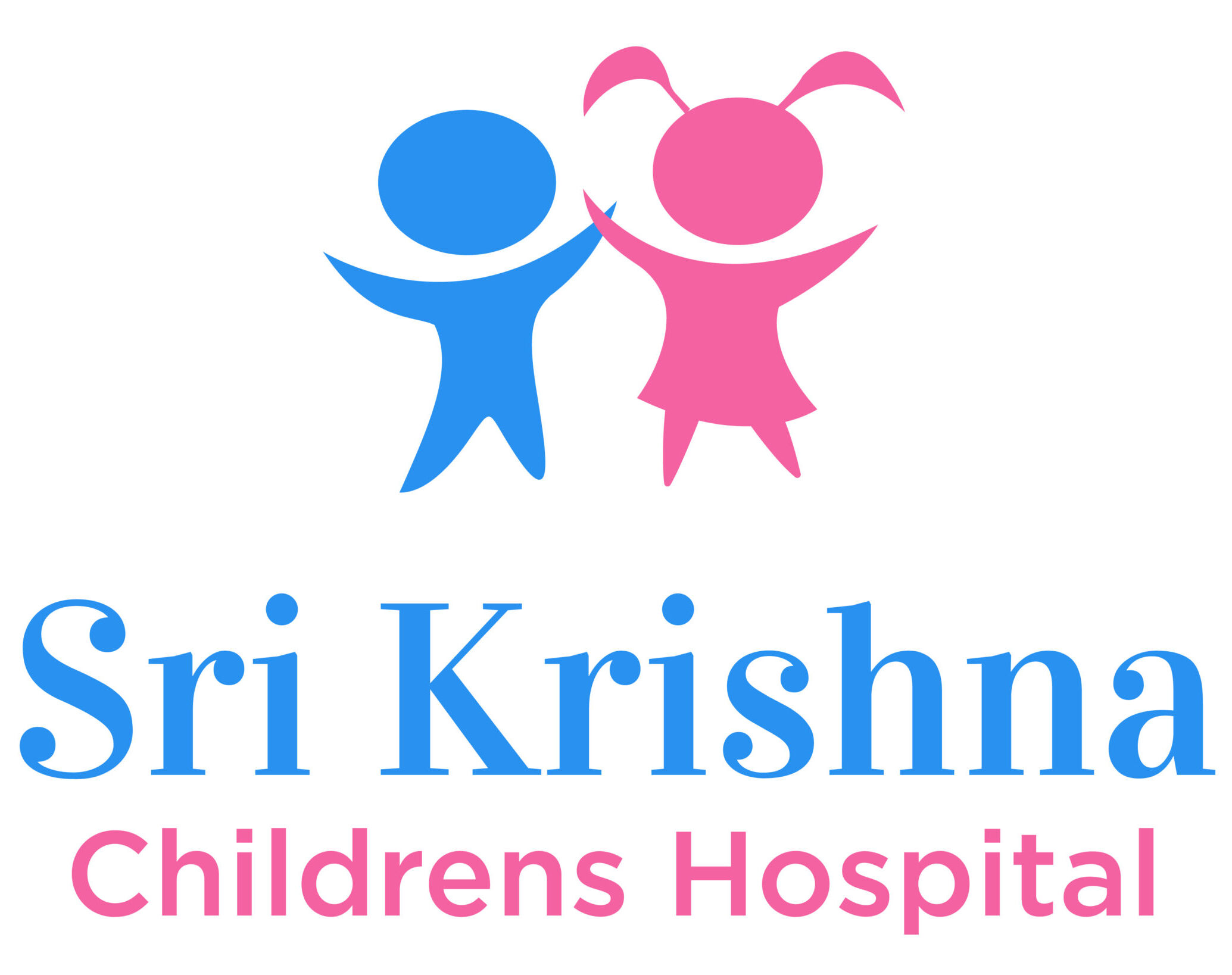Pediatric arrhythmias, or unusual heartbeats, happen when a child’s heart beats too fast, too slow, or irregularly. Unlike adults, these pediatric arrhythmias in children can often go away by themselves as kids grow. However, it’s important for parents to know what to look out for and how to help manage these conditions.
Many parents worry when they hear their child has an arrhythmia. The word can sound scary, but many of these heart irregularities are manageable with the right care. In most cases, with proper treatment, children can live normal, active lives despite having pediatric arrhythmias.
To manage these conditions effectively, regular check-ups with a doctor are crucial. Seeing a heart specialist early on can help in detecting and treating pediatric arrhythmias before they cause any big problems. Keeping an eye on a child’s heart health can go a long way in ensuring their well-being.
Regular check-ups allow doctors to compare any developments against typical childhood growth patterns, catching any serious issue early. Thus, by embracing a proactive approach, parents can safeguard their child’s heart health in partnership with their healthcare provider.
Causes and Risk Factors of Pediatric Arrhythmias
Pediatric arrhythmias have several causes, ranging from genetic to environmental factors. Some kids may be born with heart structures that make them more prone to these abnormal rhythms. In some cases, these pediatric arrhythmia risk factors are inherited, meaning they run in families.
There are many myths surrounding the causes of paediatric arrhythmias. Some people think that only kids with poor health can get these heart rhythm issues, but even active, healthy children can experience them. Understanding these paediatric arrhythmias causes more completely can help parents feel more at ease.
On top of genetic predispositions, other things can trigger paediatric arrhythmias. For example, lifestyle factors such as a lack of sleep, high stress levels, or even some medications may play a role. Emotional stress can sometimes cause the heart to beat in unusual patterns, too, highlighting the complex interplay between mind and body.
By understanding these diverse paediatric arrhythmia risk factors, parents can take steps to shield their children from potential triggers and protect their heart health.
Recognizing and Diagnosing Symptoms in Children
Parents should be on the lookout for common symptoms of pediatric arrhythmias, which can include palpitations or a fluttering feeling in the chest. If your child seems unusually tired or faint, or complains of dizziness, it might be time to talk to a doctor.
Children’s responses to paediatric arrhythmias vary. They might feel scared due to unfamiliar sensations associated with their heart. It’s essential to be supportive and reassure them that a doctor can help make things right.
To catch these conditions early, doctors often recommend electrocardiograms (ECGs) or Holter monitor tests, determining the heart’s rhythm over time. These non-invasive tests are key in the diagnosis paediatric arrhythmias process.
A pediatric cardiologist plays an important role here. They have specialized knowledge in managing these issues and can develop a treatment plan tailored to each child’s needs. Seeking their expertise at the right time ensures that any necessary measures are taken early.
Treatment Options and Caring for Children with Arrhythmias
Various paediatric arrhythmia treatment options exist today, allowing many children to continue living active lives. Treatment might include medication to keep heartbeats steady or, in rare cases, a procedure to fix the heart’s rhythm.
Supporting children through this involves changes at home and school. Parents can help by ensuring their children lead a balanced lifestyle, incorporating good nutrition, plenty of rest, and moderate exercise. Encouraging kids to communicate openly about how they feel emotionally and physically is crucial.
Here are a few tips for parents caring for kids with paediatric arrhythmias:
- Maintain a regular schedule for doctor visits.
- Encourage open communication about feelings and symptoms.
- Ensure adequate rest and a nutritious diet.
Advances in treatment and ongoing research promise more effective paediatric arrhythmias management in the future. These developments bring hope for even better outcomes, ensuring every child has a chance at healthy living. By staying informed and seeking the best care, parents can nurture their child’s heart health and overall well-being.
Pediatric arrhythmia refers to irregular heart rhythms in children, which can range from harmless to life-threatening. Symptoms may include rapid or slow heart rates, dizziness, fatigue, or fainting. Early detection and treatment are crucial to managing this condition and preventing long-term heart complications.
At Sri Krishna Children’s Hospital, our experienced pediatric cardiologists specialize in diagnosing and treating arrhythmias in children with advanced technology and personalized care.
Consult Sri Krishna Children’s Hospital today to ensure your child’s heart health is properly monitored and managed, giving you peace of mind for their well-being.

